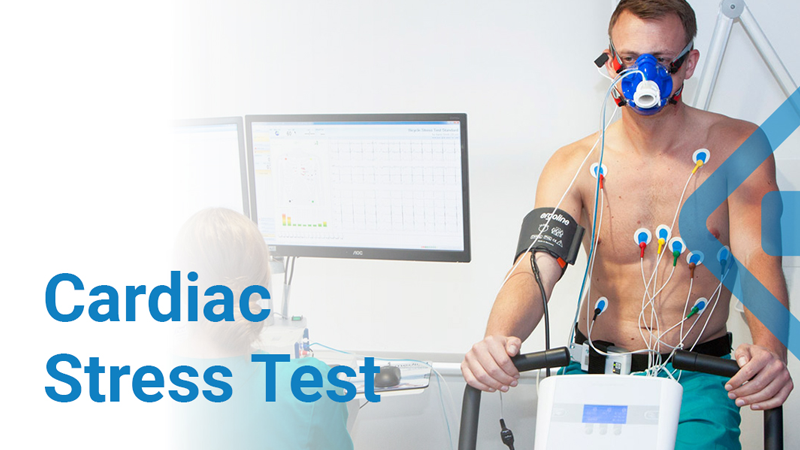
Cardiac tests are diagnostic procedures used to assess the structure and function of the heart, as well as identify any abnormalities or conditions affecting the cardiovascular system. These tests play a crucial role in the diagnosis, treatment, and management of various cardiac disorders. They can help healthcare professionals evaluate the heart's electrical activity, blood flow, and overall cardiac health. Here are some commonly used cardiac tests:
These are just a few examples of the many cardiac tests available. Each test serves a specific purpose and helps healthcare professionals gather essential information to guide diagnosis and treatment decisions. The selection of tests depends on the patient's symptoms, medical history, and suspected cardiac conditions. It is important to discuss the specific tests with a healthcare provider to understand their benefits, risks, and potential impact on treatment plans.
Copyright . Powar's Healthcare Clinic.